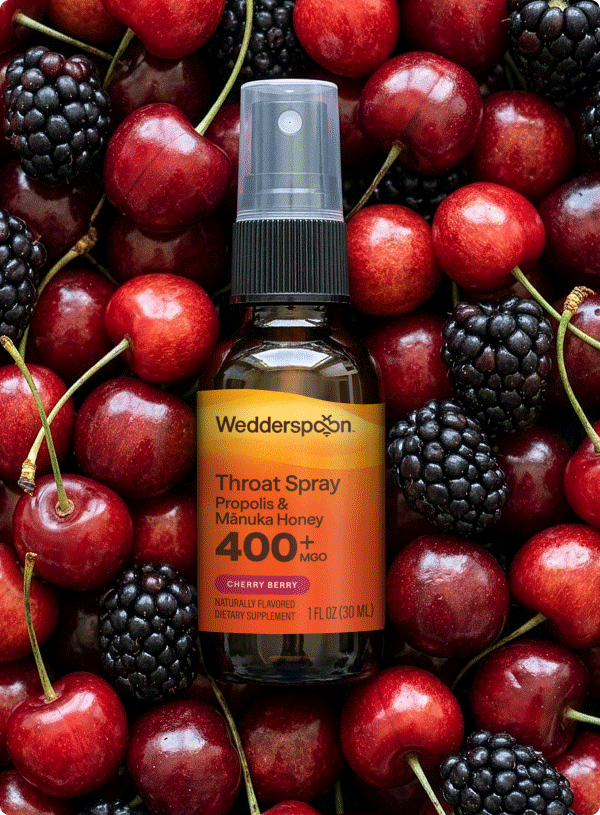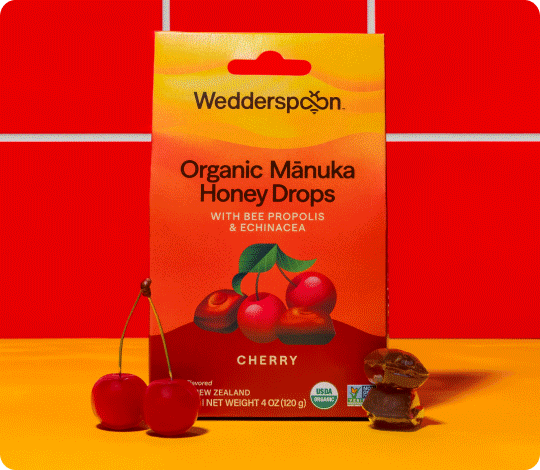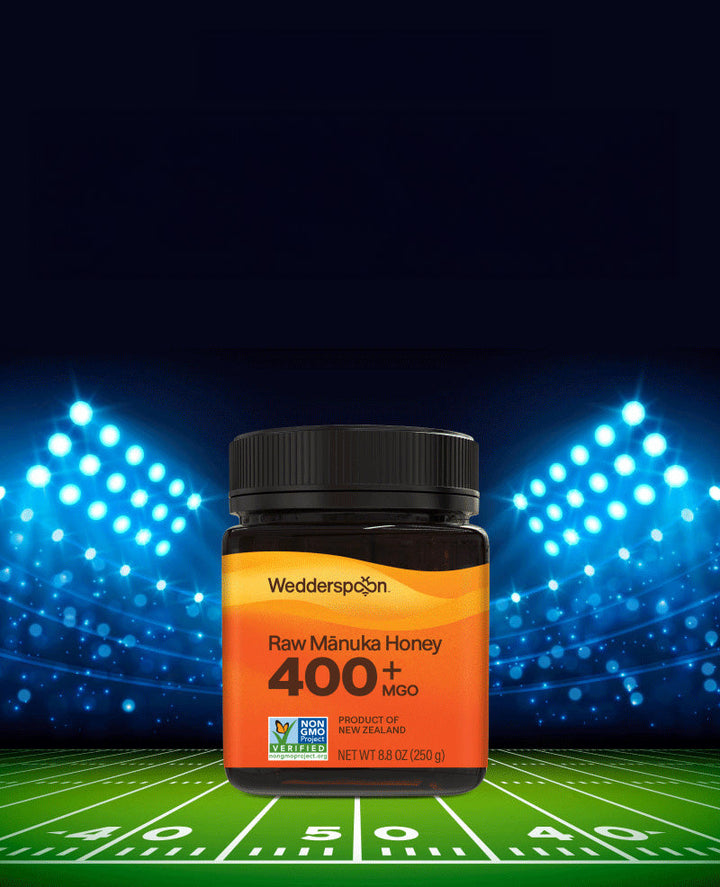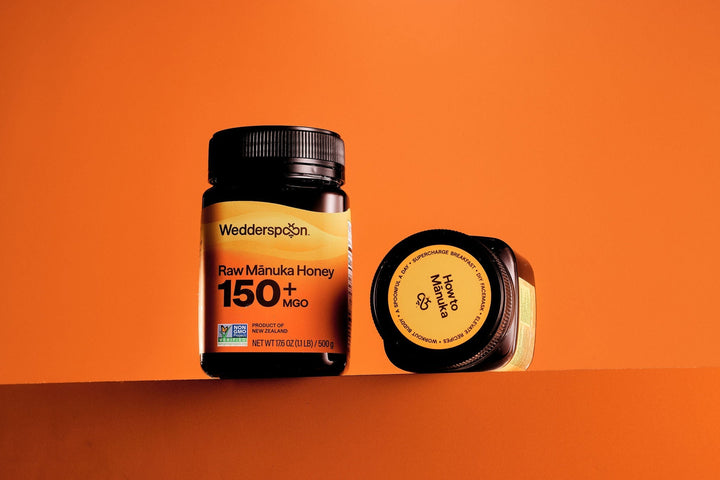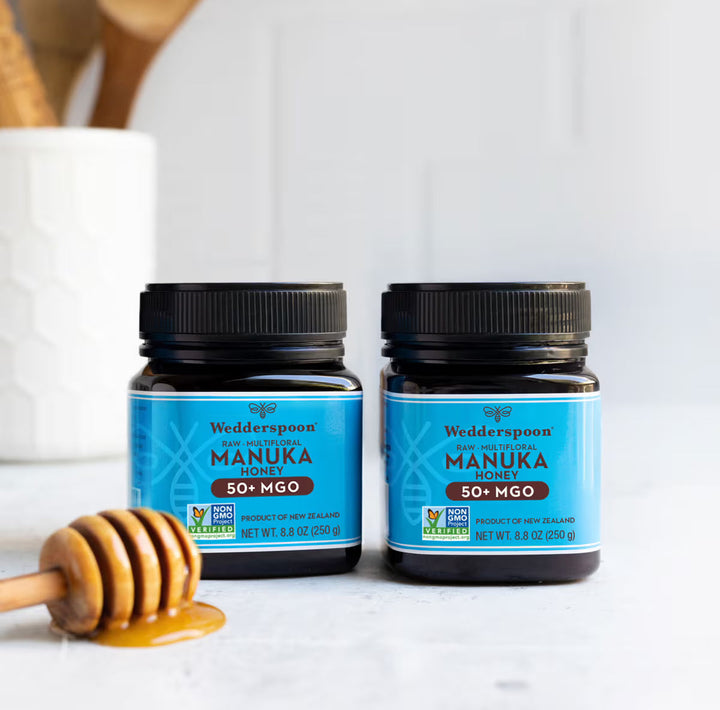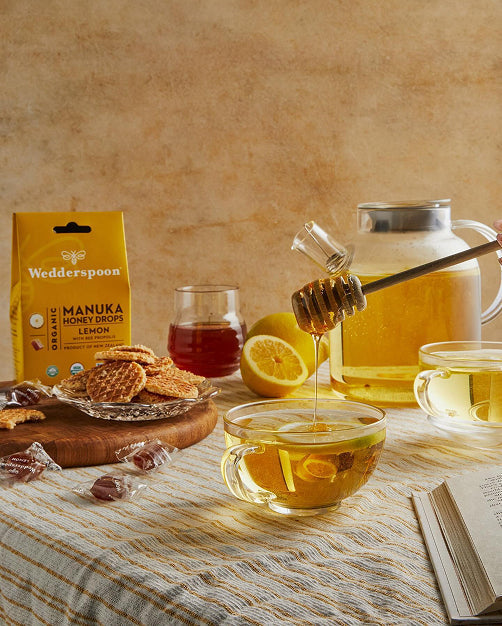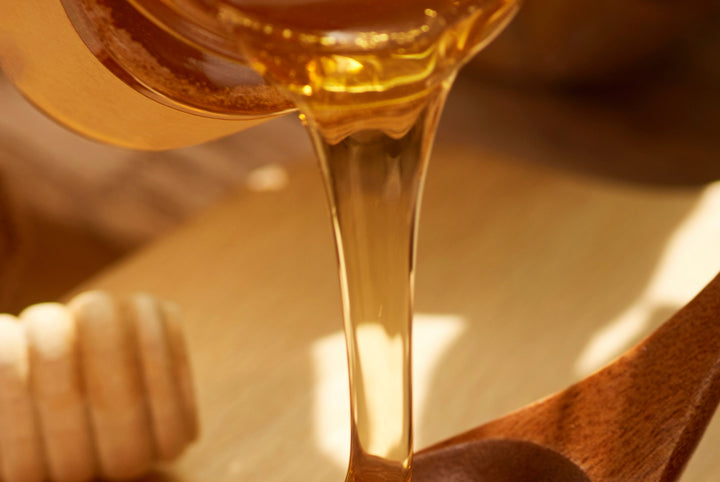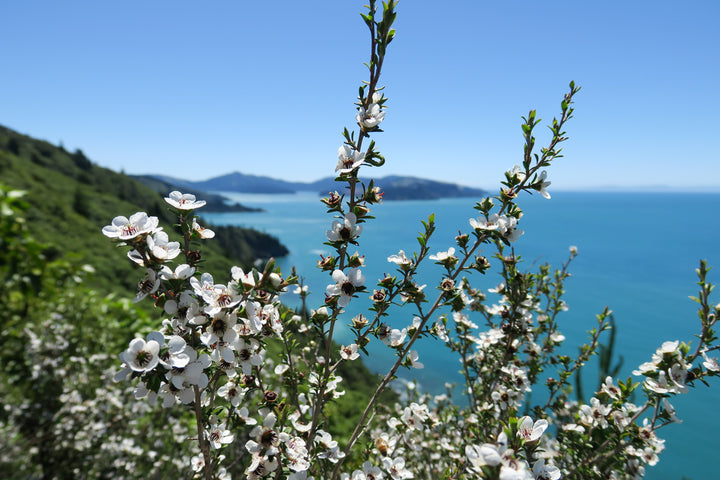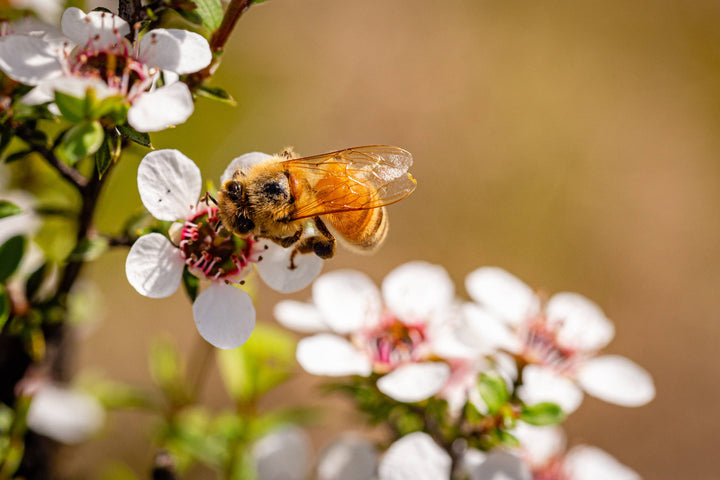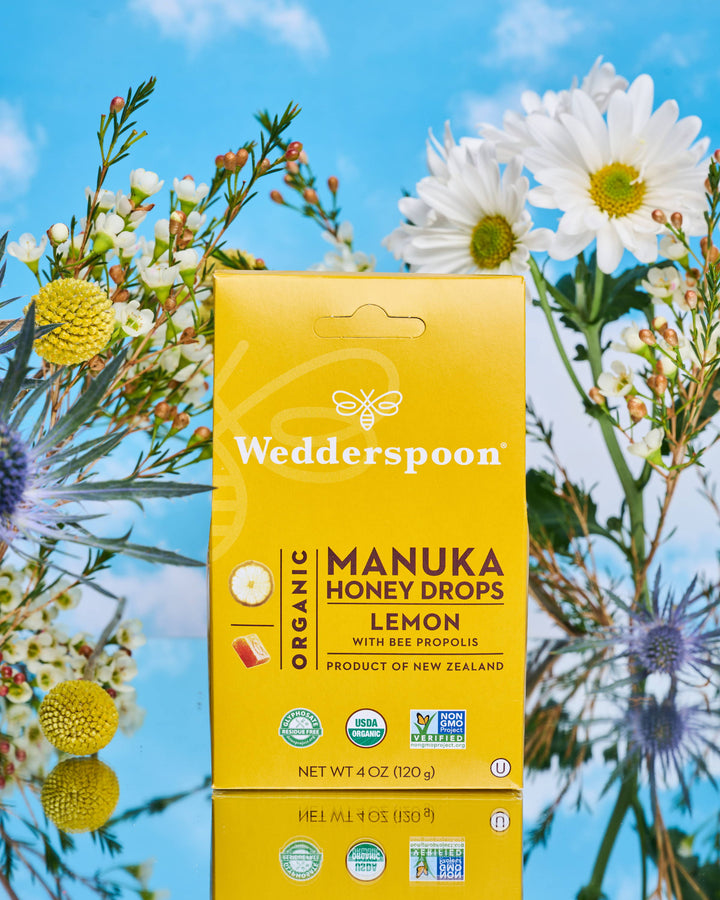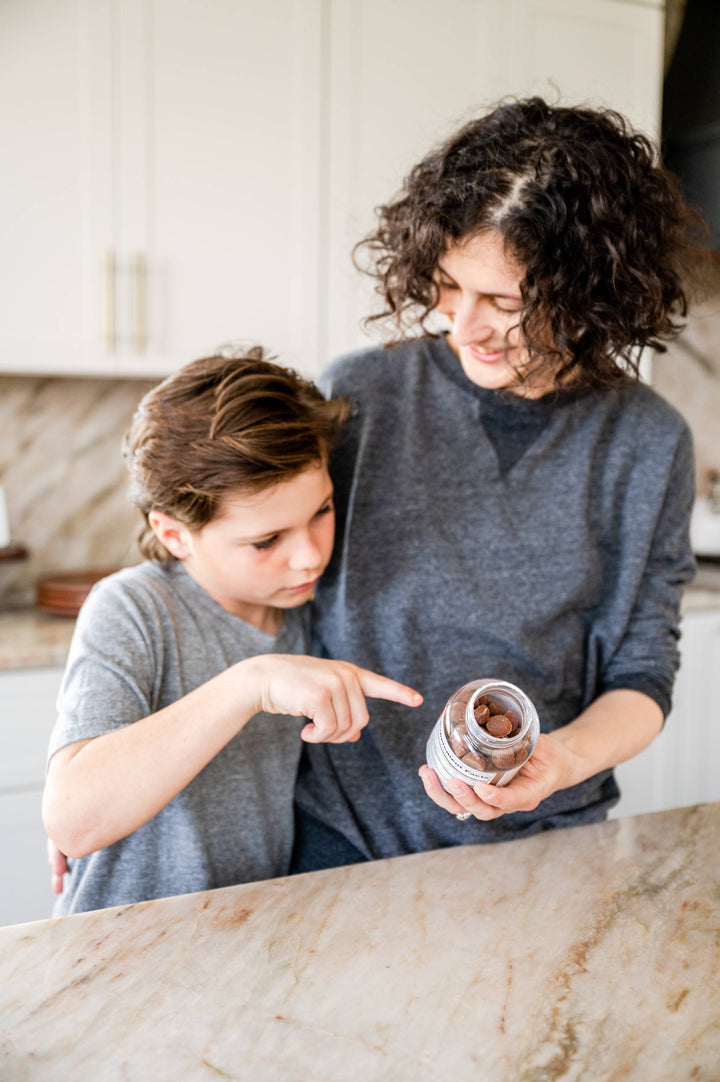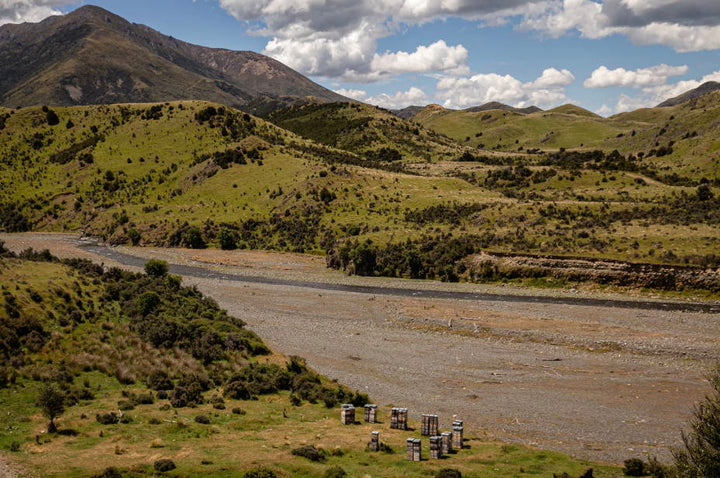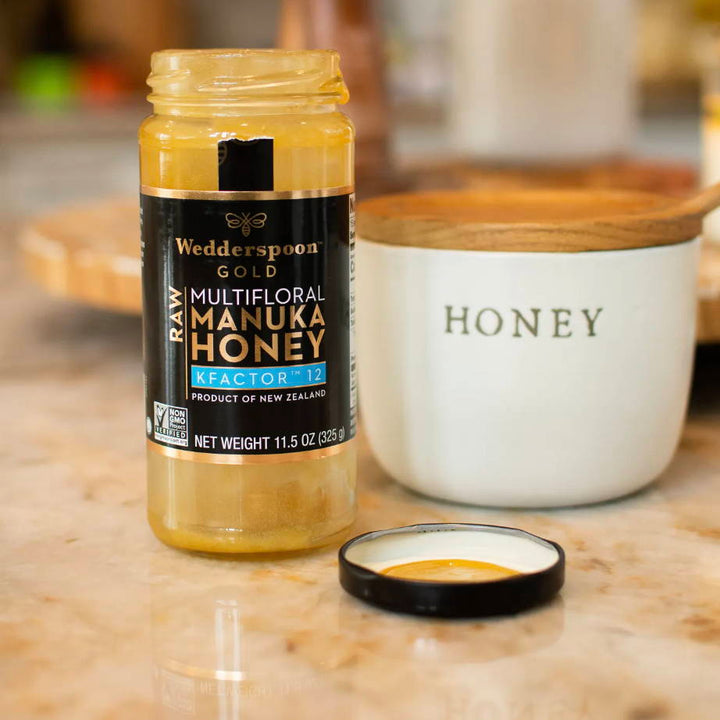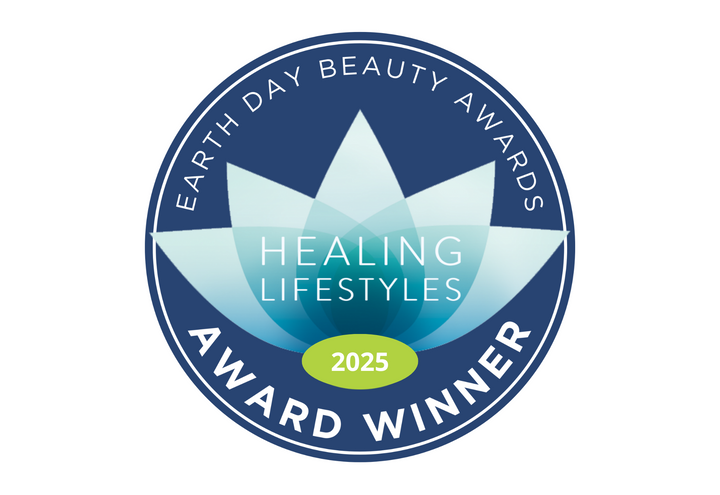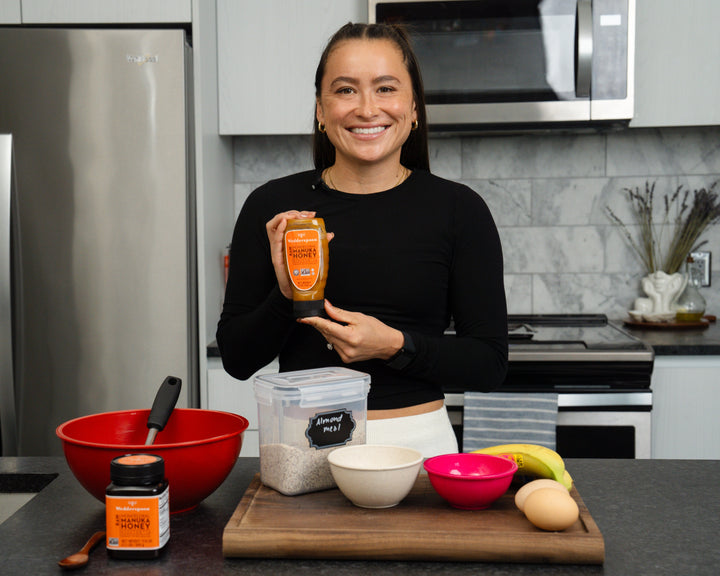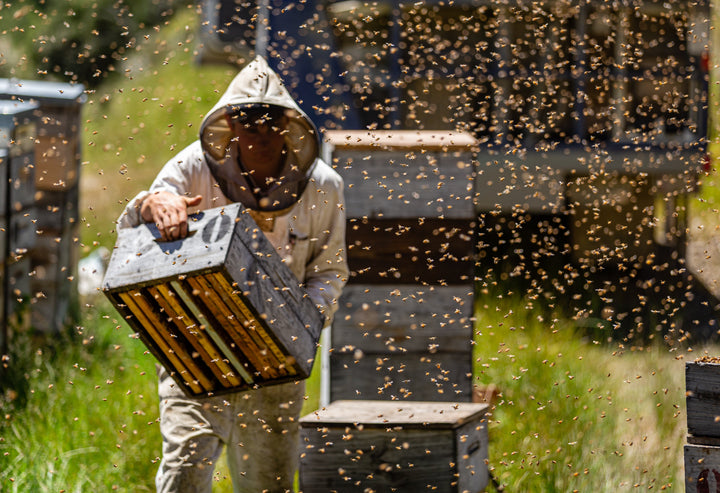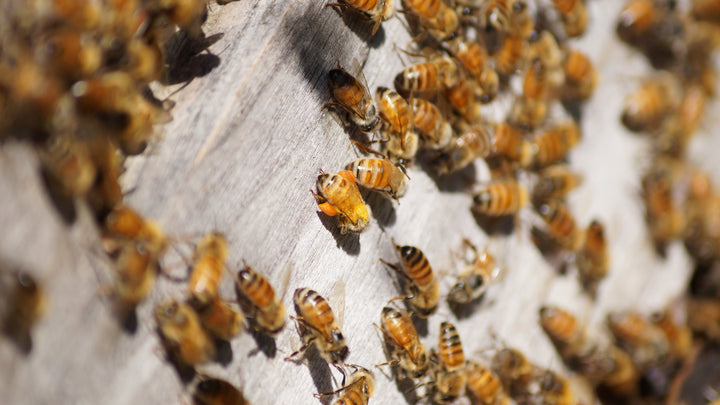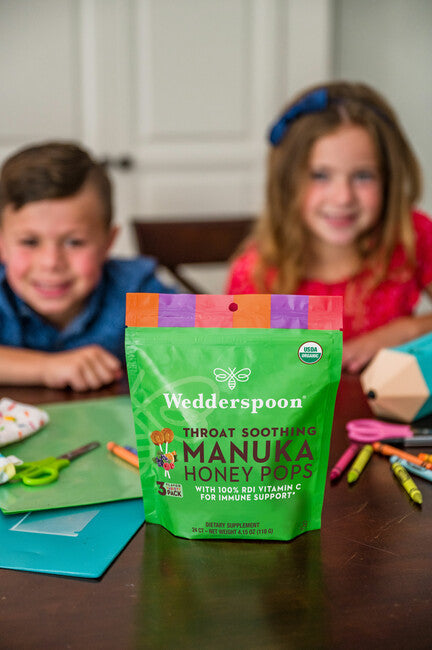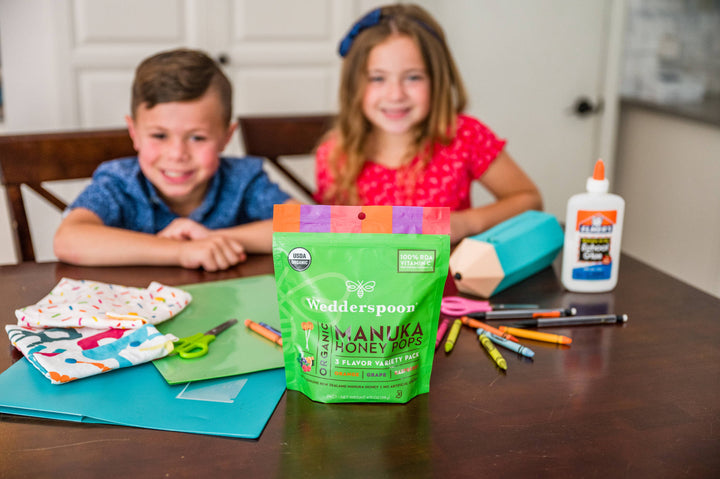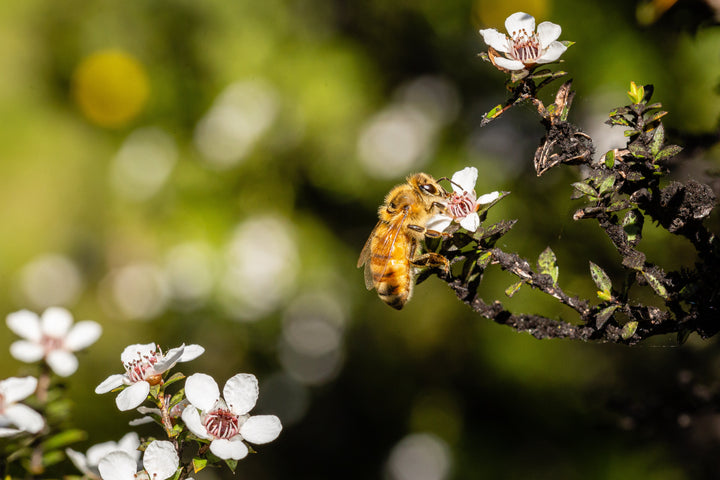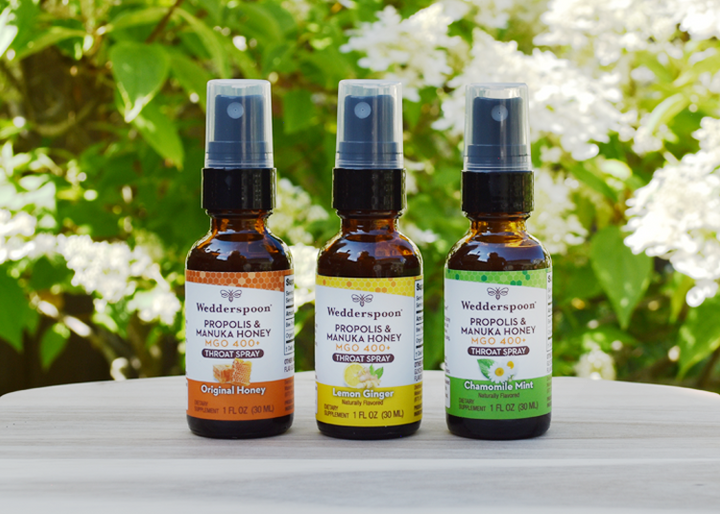Pollinator Week is an annual observance celebrated at the end of June. This special week, observed June 20 to 26, is meant to celebrate and educate on the importance of pollinators and encourage individuals and businesses alike to get involved in opportunities to support the well-being of pollinators.
Pollinators include bees, butterflies, moths, wasps and other insects. Pollinators transport pollen from plant to plant, enabling the plants to reproduce. Worldwide, humans depend on pollinators for crops we eat. In the U.S., about three quarters of the crops grown for food need help from pollinators!
Pollinators are Essential to Life on Earth
Plants are an essential part of life on Earth since without the help of pollinators, the majority of plants would not reproduce. They serve many roles, including being part of ecosystems, increasing oxygen levels, purifying water and preventing erosion, and are a source of food for both animals and humans.
Though most pollinators are small in size, their impact is large. Pollinators are hard at work every day, and whether we recognize it or not, we are extremely dependent on them, so we need to take care of them.
